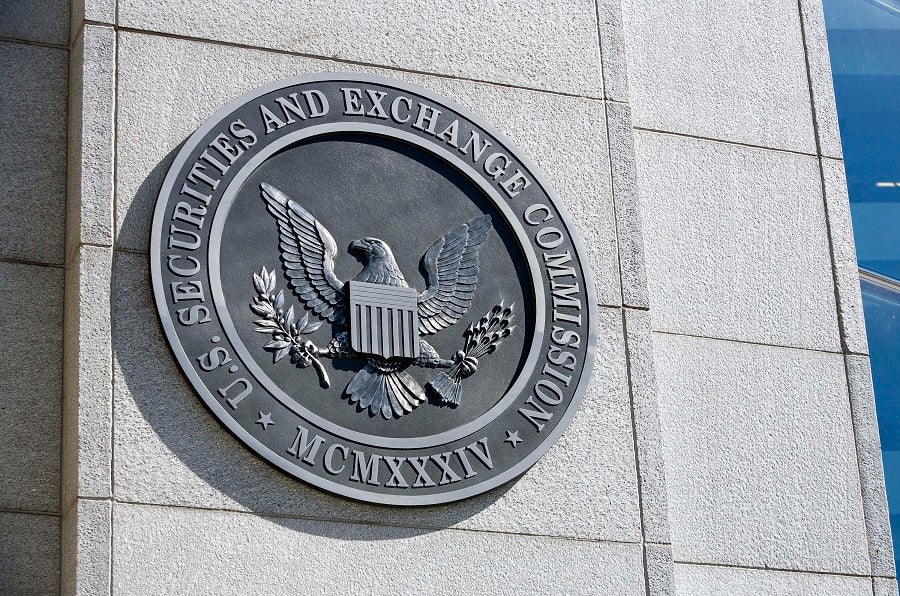One of the few things to unite the Securities and Exchange Commission recently is a demand by four of the five members that self-regulatory organizations step up their oversight of bond pricing.
Shortly after the SEC announced Thursday
a $20 million settlement with Edward D. Jones & Co. for allegedly overcharging customers on new municipal bond sales, the SEC commissioners issued a joint statement telling the municipal bond and broker-dealer regulators to issue rules in this arena — or the SEC would do so itself.
“The commission's recent enforcement action against Edward D. Jones involving the offer and sale of municipal bonds to retail investors highlights the need for clear rules requiring the disclosure of mark-ups and mark-downs,” wrote SEC Commissioners Luis Aguilar, Daniel Gallagher, Kara Stein and Michael Piwowar.
“We encourage the Financial Industry Regulatory Authority and the Municipal Securities Rulemaking Board to complete rules mandating transparency of mark-ups and mark-downs, even in riskless principal trades,” the SEC members wrote. “If not, we believe the commission should propose rules to address this important issue.”
The statement did not include SEC Chairwoman Mary Jo White, but she has made a similar call over the last year for better information on bond pricing in what is often a murky market.
Both the MSRB and Finra have recently indicated that they will move ahead with their rules to address this issue.
The MSRB said that Edward Jones violated existing pricing rules, and the regulator is trying to enhance those safeguards.
“To further protect investors, the MSRB continues to work with Finra to develop additional price transparency for bond investors through the disclosure of information on customer confirmations,” the MSRB said in a statement. “This work complements other MSRB price transparency initiatives, including the recent creation of a best-execution requirement and the availability of additional pre- and post-trade data on our
EMMA website.”
Following its July board meeting, Finra said it would release a revised proposal that would require firms to disclose on the customer confirmation the price firms paid for fixed-income securities and the price they charged customers for the same investments.
The
original proposal was released in November and the comment period closed in February.
After its July board meeting, the MSRB said in a statement it “plans to publish its markup proposal in the near future.”
The MSRB's measure would be a modified version of
the proposal it released in November that would require dealers to disclose the difference between the customer's price and the dealer's price for same-day, retail-size principal transactions.
Both MSRB's bylaw and Finra's rule must be approved by the SEC.
In its regulatory notice, Finra said data about corporate bond sales in the third quarter of 2013 showed that customers paid a significant mark-up when principal and customer trades occurred within 30 minutes of each other.
“Finra is concerned that investors in fixed-income securities currently are limited in their ability to understand and compare transaction costs,” Firna stated in the notice.
But a broker-dealer executive who was
elected to the Finra board last month criticized the bond-pricing proposal in his campaign.
In a January 19 comment letter, Joseph R.V. Romano, president of Romano Wealth Management, said he wants better transparency and investor protection in the bond market, but that the Finra proposal is “misguided, patently unfair, anti-business, anti-free market and overreaching.”
Mr. Romano argued that the Finra proposal mistakenly focuses on mark-ups rather than execution price as the barometer for whether customers are being treated fairly. The approach ignores the broker's expenses, he said.
“Mark-up and gross profit is not only out of reach, it is not the most relevant factor,” Mr. Romano wrote. “The most relevant and determining factor is the end price to the retail client.”
Mr. Romano declined to comment further on Friday.







